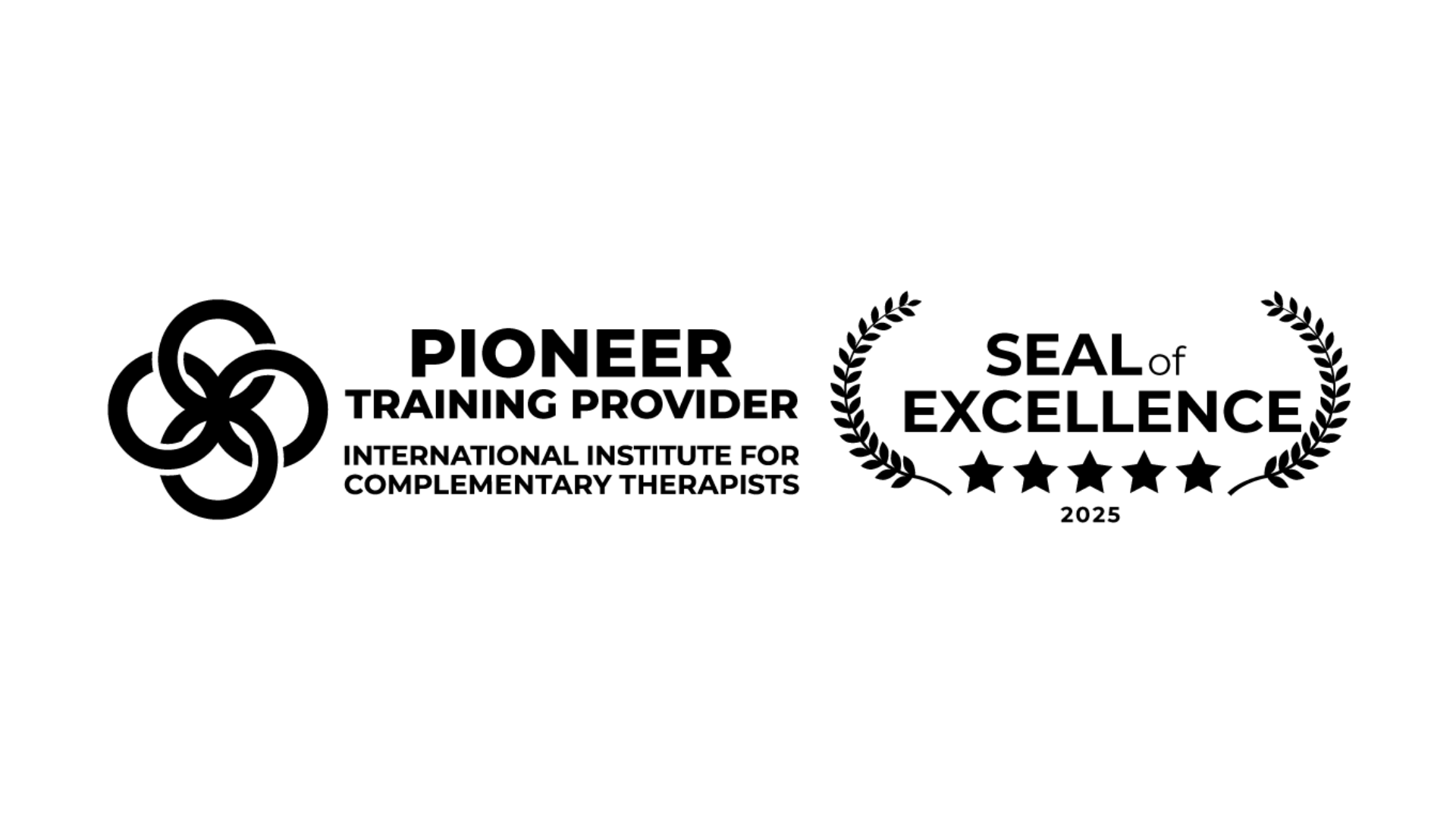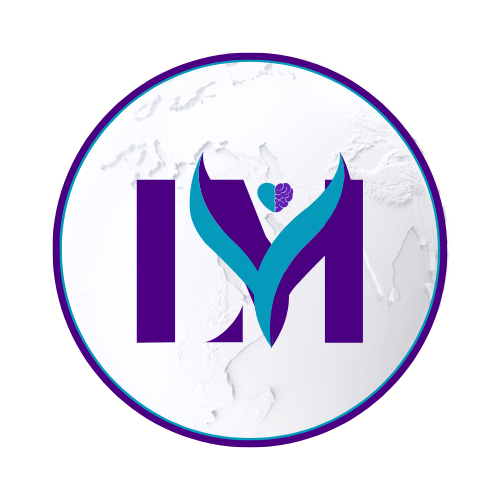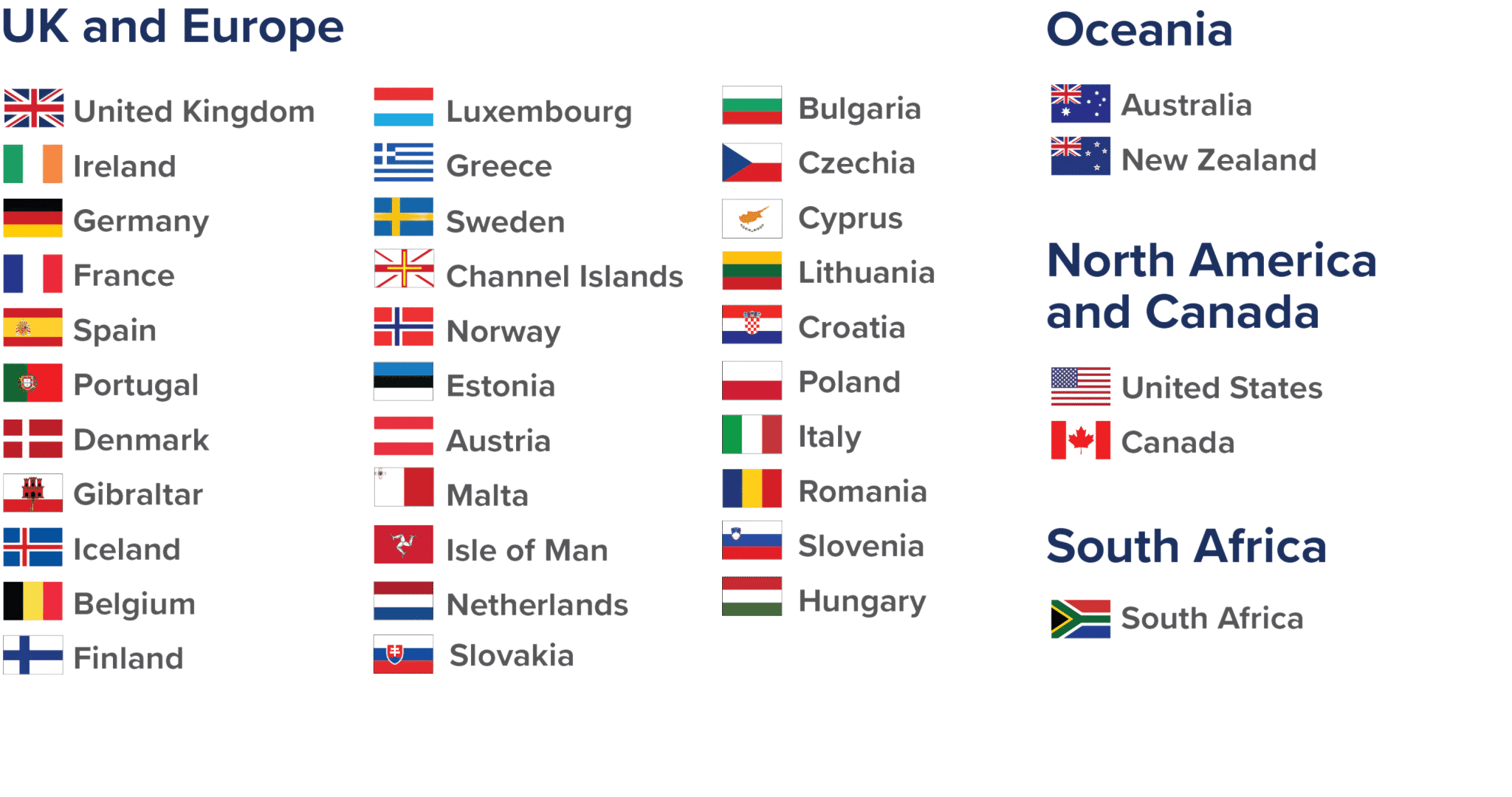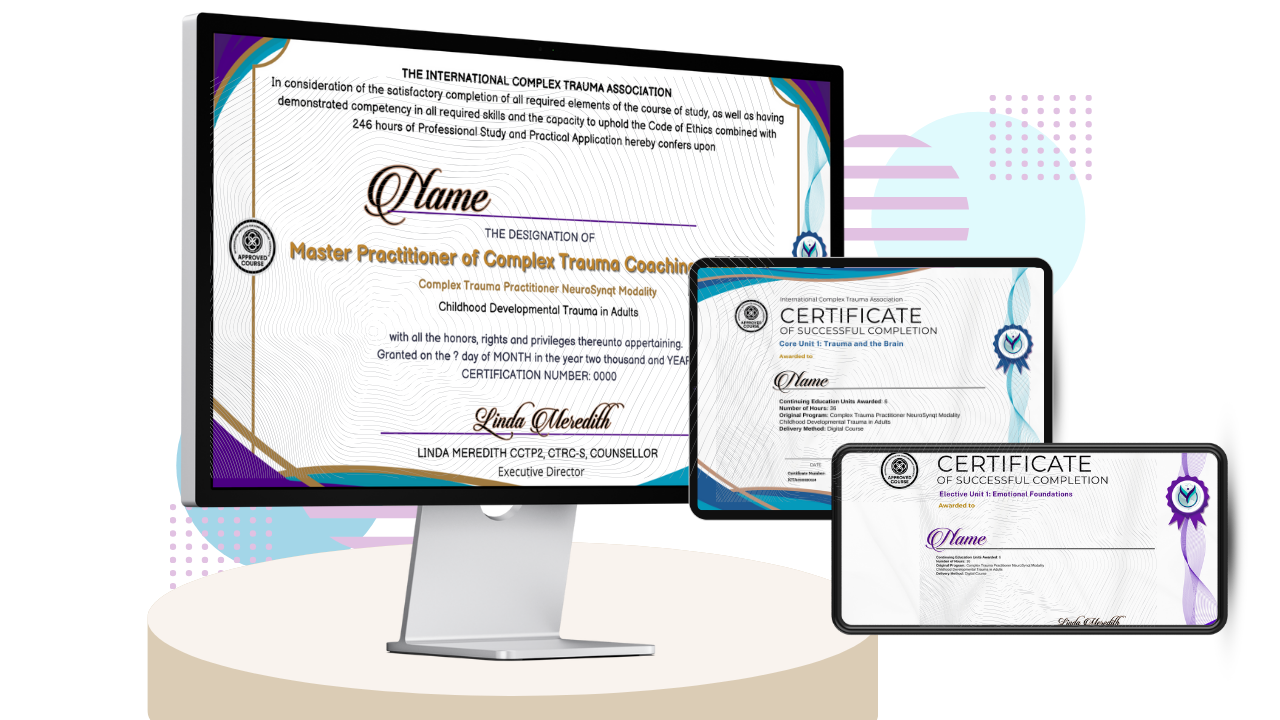Welcome to
CPtsd Education
Not just regulated - reconnected.
Not just surviving - integrated.
A trauma-trained, neuroscience-based pathway for CPtsd (Developmental/Childhood Trauma) recovery with personal and professional transformation.
Write your awesome label here.
Why Reconnection and Integration Matter
There are shockingly few resources available for adults who experienced childhood trauma.
As children, they may have survived abuse, neglect, or abandonment—but as adults, they’re left grappling with Complex Ptsd. That means ongoing struggles with mental health, identity formation, relationships, work, emotional regulation, and core self-worth.
We as survivors don’t just need support - we need brain-first, trauma-trained care that understands how early relational trauma shapes the brain and continues to impact life decades later.
Support must go beyond insight and coping. CPtsd recovery requires experiential, neuroscience led approaches designed to reconnect fractured parts of the brain, self and identity in order to restore safety from the inside out.
1 in 3 adults experiences childhood adversity - ACES research links it to chronic illness, mental health conditions, addiction, and relational struggle.
Conventional “talk therapy” often misses the brain-body stuck in survival patterns -leaving clients trapped in repetitive symptom management for years.
When trauma goes unrecognised or untreated, it silently fuels lifelong struggles with mental health, relationships, physical illness, and self-worth. Professionals need more than surface-level strategies — they need trauma-trained, brain-based education that gets to the root.

CPtsd isn’t Ptsd rebooted - it includes dysregulated emotions, identity disturbance, somatisation, and fractured connections.
According to the Adverse Childhood Experiences (ACEs) study, individuals with high ACE scores are significantly more likely to experience chronic health conditions, addiction, mental illness, and early death. In fact, having four or more ACEs increases the risk of depression by 460%.
In the U.S. alone, over 700,000 children are reported as victims of abuse and neglect annually. These early relational wounds leave long-lasting imprints on the developing brain, shaping identity, safety, and the ability to connect.
Why CPTSD recovery needs brain-first approaches
For professional coaches and therapists~here’s what matters:

✅ Why Brain-First Matters
You can’t regulate what isn’t integrated. We train you to work with the brain’s protective pathways, not just client insight.
It’s often taught that clients know what they need to heal. But with CPtsd, that’s rarely true. When trauma was our normal, we had no language or education for what we were experiencing. Many of us sat in therapy for decades exploring emotions with no change in our lives.
✅ For Psychologists, Coaches
Traditional tools focus on insight. NeuroSynqt™ teaches reconnection and integration - where real change begins.
✅ Brain-First, Experiential Focus
NeuroSynqt™ is grounded in current developmental trauma science, integrating relational safety, neuroplasticity, and experiential healing.
✅ The NeuroSynqt™ Difference
Most trauma approaches focus on top-down (thinking) or bottom-up (feeling). But when CPtsd is present, neither alone is enough.
NeuroSynqt™ takes a side-door approach - working directly with the trauma-impacted brain to rebuild internal safety, restore connection, and empower clients to access their own healing pathways - it’s about brain recovery and integration that lasts.
✅ Trauma-Impacted Brains Need More
Traditional methods keep clients looping. We teach integration first strategies that reduce therapy dependence and support real change.
✅ Stop the Stagnation
Support your clients to move beyond symptom management. End the cycle of endless therapy and offer a pathway to integration.
✅ Core Training Missing
Around the world, therapists aren't taught how to recognise or treat developmental trauma during their standard training - it's extra learning, if they choose, after years of study, even though it's the core issue for millions living with CPtsd.
Trauma-Informed or Trauma-Trained?
Meet Our Founder
Linda Meredith
Clinical Complex Trauma Educator, Creator of NeuroSynqt™, Founder of CPtsd Education, Accredited Pioneer Training Provider
Why Trauma-Trained Matters
Write your awesome label here.

World-Class CPtsd Training & Resources
Learn how to create amazing results for your clients. Become a Master Practitioner of Complex Trauma Coaching (MPCTC)
Your journey begins today!
Write your awesome label here.

🧠 It’s Time to Equip Yourself with the Tools You Were Never Taught
As a coach or therapist, you entered this work with a heart for healing and a drive to make a difference. But if you trained through traditional pathways, there’s a high chance you were taught to “treat the symptoms” of trauma—not the relational wounds that caused them.
The truth is, most professional training skips developmental trauma entirely.
What’s left out?
- How trauma actually reshapes the brain
- Why so many adult clients are stuck in survival strategies
- The relational ruptures that need more than just insight to heal
- And how to create a recovery path that is experiential, brain-based, and client-empowering
That’s where CPtsd Education comes in.
✨ Be Ahead of the Curve
Write your awesome label here.
🎓 Trauma-Trained. Neuroscience-Based. Experiential.

Don't just take our word for it

Join our newsletter
Sign up for our newsletter—a valuable digest of the latest Complex Trauma Recovery insights, news, and opportunities.
Simply enter your name & email address to subscribe.
You can easily update your preferences or unsubscribe anytime.
Simply enter your name & email address to subscribe.
You can easily update your preferences or unsubscribe anytime.
Thank you!






